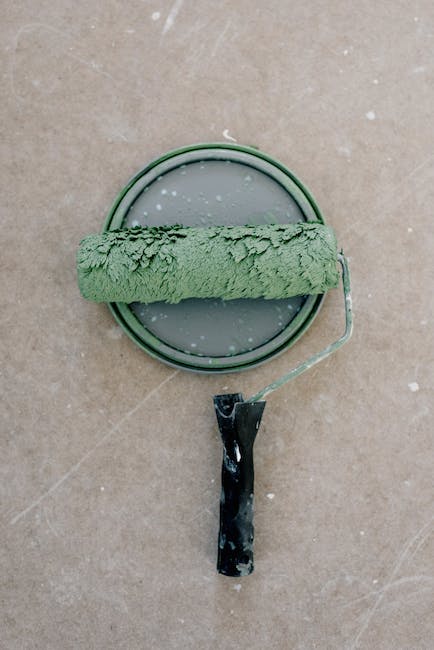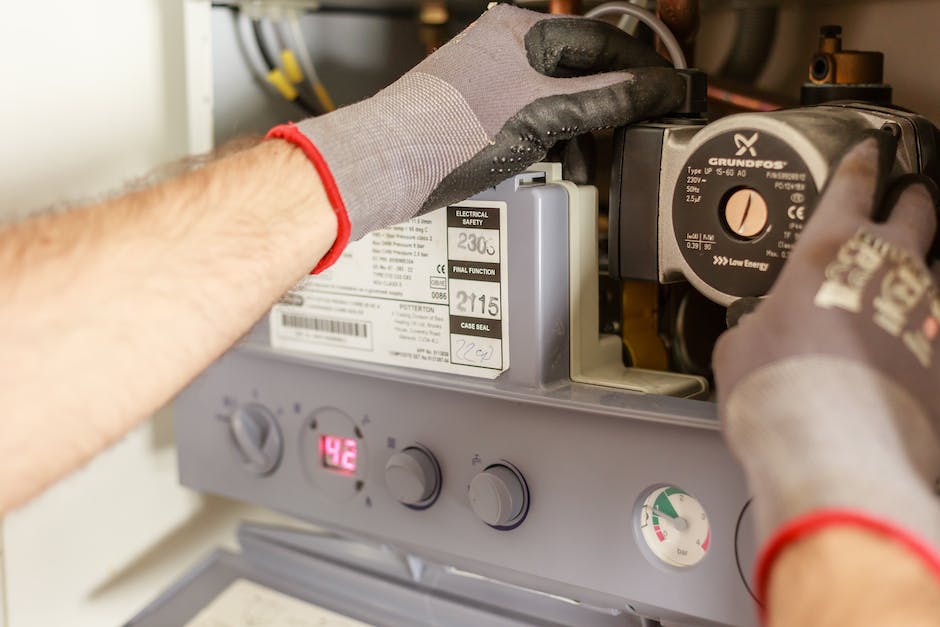As a homeowner, it’s important to keep your property in good condition to ensure your family is safe and comfortable. regular maintenance and repairs can be expensive, especially when something goes wrong and you didn’t plan for it. Fortunately, there are several ways to save money on home maintenance and repairs, so you can keep your property in good condition without breaking the bank.
1. DIY Whenever Possible

DIY projects can save homeowners a lot of money. You can easily change air filters – which is important to ensure your HVAC system is functioning correctly, fix leaky faucets, and repair minor damages in your home. Several online tutorials and DIY guides are available to help you get started. However, be aware of doing repairs that require licensed professionals, as improper repairs can lead to more complicated issues, such as plumbing or electrical mishaps.
2. Don’t Ignore Small Problems

Small damages can turn into costly repairs when ignored. Regularly check for leaks, pests, broken windows, and other issues around the house to ensure they do not become bigger problems in the future. The earlier you address an issue, the more money and stress you can save yourself. Address minor issues immediately by fixing it yourself or hiring a professional. By taking care of minor issues early, you can prevent them from becoming expensive issues in the future.
3. Regularly Maintain Your HVAC

The cost of repairing or replacing an HVAC system can be high. Regular maintenance, such as changing filters and cleaning air ducts, prevents expensive breakdowns and ensures your heating and cooling system lasts longer. Having your system serviced twice a year can prevent costly issues that come with not cleaning heating or cooling units. Preventative maintenance can keep your HVAC system healthy and can save you a lot of money in the long run.
4. Invest in Quality Materials

The cost of inferior materials is more expensive in the long run. Using low-quality paints or roofing materials results in costly repairs down the line. Although investing in the best materials may be more expensive up front, you’ll save cash by extending the life of your maintenance or repair. Also, good quality materials add value to your home, so investing in them is more of a smart financial decision than an expense.
5. Shop Around for Contractors

For repairs requiring a contractor or a handyman, it’s important to hire someone who will do the job right the first time. It’s best to shop around and get a few quotes to ensure you choose the most reasonable offer. Choosing the lowest offer is not always the best for your home repairs because the likelihood is that the work may not last or may not have been done properly. Hiring qualified professionals and not going for the cheapest emergency service is more cost-saving than just choosing any contractor.
6. Maintain Your Plumbing

Plumbing emergencies can be expensive in the long term; sewers that are blocked or water that’s been leaking will add up to high expenses. Regular cleaning of drains and fixing leaking taps can prevent clog backups and save you hundreds or even thousands of bucks. It is also important not to throw anything down the sink that might clog it. Treating plumbing systems with care and attention saves you money, time, and the headache of dealing with a plumbing emergency.
7. Regularly Inspect Your Roof

The cost of repairing or replacing a roof is expensive. It’s important to regularly inspect your roof to avoid costly issues. Homeowners may not be aware of a damaged or discolored roof, so if you haven’t checked your roof in the last five years, it’s essential to have a roof inspection. Investing in proper maintenance such as roof repair, exterior painting, or waterproofing can keep your roof in good condition and could add a few years to its lifespan.
8. Learn Basic Electrical Skills

Electrical repairs are risky, and an error in fixing electrical issues can lead to more expensive problems. Basic electrical skills such as replacing outlets, light fixtures, and circuit breakers can save homeowners several cash in the long term, knowing that they are aware of how electrical systems work. However, it is vital to know when to stop fixing the electrical problems, and for more complex or bigger problems, hiring an electrician is the best option.
9. Use Preventative Measures
Prevention is much better than cure. Simple steps like utilizing gutter guards to prevent clogs, trimming trees and bushes away from your home to prevent damage, and applying pest control measures regularly can help prevent costly repairs and maintenance down the line. Making sure that you’re proactive about your home maintenance can save you a lot of money in the long run.
10. Take Care of Your Appliances
You can save repair and replacement costs for your home appliances by ensuring regular maintenance. Check for blockages in the dryer vent and the freezer’s units and clean out the dryer vent tubing and behind the dryer’s unit. In case of an issue, it’s always best to fix it immediately before it leads to a more significant problem that could lead to expensive repair or even replacing the unit. Keeping your appliances in good working order can save you a lot of money.
Maintaining and repairing your home is costly; however, there are ways to alleviate the costs. Utilizing these tips can help you maintain your home and find cost-effective ways of repair and maintenance. By investing in the maintenance of your home, you invest in its future value.







